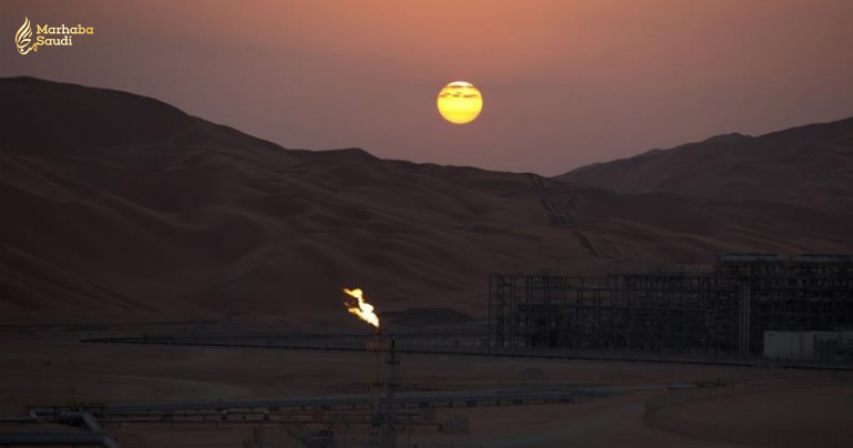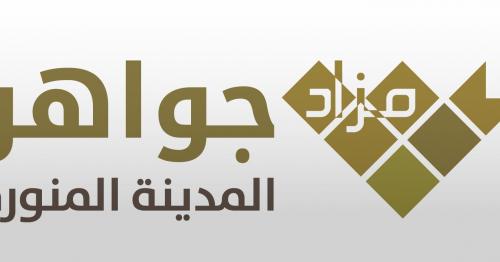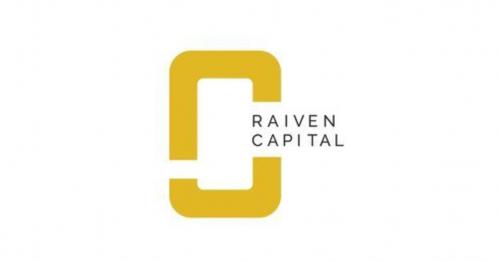Saudis put on brave face as coronavirus roils oil markets

The coronavirus outbreak has been pressuring oil prices for weeks as Saudi Arabia-led OPEC and other oil producers try to gauge how the widening outbreak could affect global energy demand.
Tuesday saw even more pain inflicted on crude, as fears surrounding the outbreak sent prices down for a third straight session and the head of the International Energy Agency (IEA) said its oil demand growth outlook - already at its lowest level in a decade - might have to be trimmed again.
But so far OPEC, which is dominated by Saudi Arabia, has failed to persuade its allies to take action to offset the effect of coronavirus.
Earlier this month, a technical committee for the Organization of the Petroleum Exporting Countries (OPEC) and its allies, a grouping known as OPEC+, recommend an output cut of 600,000 barrels per day (bpd) to buoy prices.
But the cartel's most crucial ally, Russia, has so far resisted that course of action.
On Tuesday, Saudi Energy Minister Prince Abdulaziz bin Salman told reporters in Riyadh that the kingdom remains in contact with Moscow on how to move ahead.
"We did not run out of ideas, we have not closed our phones. There is always a good way of communicating through conference calls," he said.
Speaking at the same Riyadh conference, Saudi Aramco CEO Amin Nasser said he expected oil demand to pick up in the second half of this year.
"We expect by the second half, things are back to normal. There is an impact on markets but Aramco has dealt with many crises before," he said during a panel discussion.
The kingdom needs oil to fetch approximately $83 per barrel to break even or balance its state budget, according to the International Monetary Fund.
Russia's break-even price is below $50 a barrel.
Global benchmark crude for April delivery settled below $55 a barrel on Tuesday.
A current OPEC+ agreement struck in December aims to cut output by 1.7 million bpd until the end of March. The group had already been facing lower oil prices from oversupply and waning demand in China - the world's largest oil importer.
But the coronavirus outbreak, which started in China and is continuing to spread to other parts of Asia, the Middle East and Europe, is throwing even more uncertainty into the global energy demand outlook.
Meanwhile, the Centers for Disease Control and Prevention in the United States on Tuesday warned Americans to get ready for an outbreak.
"I think that the downward pressure on prices that the virus has created makes it more likely that the Russians will agree to some kind of cut," Gregory Gause, head of the International Affairs Department at Texas A&M University, told Al Jazeera.
"It is easier for [the Russians] to play hardball with oil above $60 than it is with oil getting into the low $50s," he added.
OPEC+ members are scheduled to meet in Vienna, Austria on March 5-6 to decide whether to extend their current production cut.
"One of the more difficult things about this is that we do not know how far the virus will go. It's difficult to figure out how to respond," Samantha Gross, a fellow in the Cross-Brookings Initiative on Energy and Climate, told Al Jazeera.
"Usually, when there is a disruption taking place, you know how much oil to take off the market. But the economy in China has slowed so much and we just don't know how long the virus will last and whether it will spread. [OPEC and its allies] would have to make a lot of decisions in real-time. And that is difficult for them to do because there are so many different players to reach consensus," Gross said.
Earlier this month, the IEA said it expected global crude demand to drop by 435,000 bpd in the first quarter, the lowest in a decade, bringing demand growth for 2020 to 365,000 bpd from to 825,000 bpd.
On Tuesday, the head of the IEA told Reuters News Agency that the agency's outlook may have to be revised downward again.
/ Source: https://www.aljazeera.com





Comments